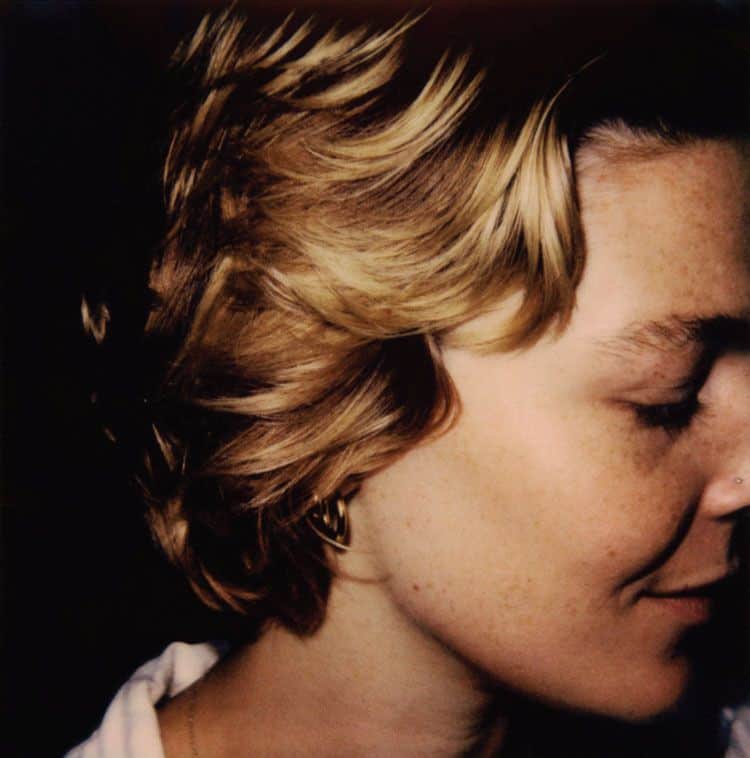Blaine Duncan accidentally introduced me to Tuscaloosa’s music scene. Back in August 2009, I was assigned to write a story about a band that I had never listened to before. The band was called Blaine Duncan and the Lookers, and I was to be given a CD and then write a story within a week, adding an interview to the mix. Needless to say, I was nervous as hell.
Even in the manufactured form of an interview, it’s hard to fake liking music. You either enjoy it or you don’t, and it tends to show to the artist if you don’t like his music.
Eighteen months later, I can admit in the honest company of this paper that I feel Duncan is one of the finest musicians this city has right now. Those eighteen months also proved to be enough time to where I can feel detached enough to admit that.
Duncan released an album with the Lookers in 2009, a debut record that shockingly holds well today. That sounds facetious, but an accelerated culture doesn’t tend to breed lasting achievement.
If anything, “I Don’t Smoke Dope with Satan (Because He Left Me At The Mall)” rings truer with the divisive announcement of Kenny Chesney performing at the new Tuscaloosa Amphitheater. In the song Duncan derides Chesney in fiery response to the massive popularity of so-called “pop country,” the genre producing Taylor Swift’s singles and Carrie Underwood’s down-home good looks.
Duncan’s strength has always been his songwriting, even if credit belongs to the men behind him. However, even compared to eighteen months earlier, at least two of the members (drummer Mikey Oswalt and lead guitarist Ham Bagby) have left amicably. The band’s lineup — lead guitarist David Phillips, bassist Kendall Rich and drummer Adam Ridgway — is the most constant it has been in months, but Duncan’s really the centerpiece.
Duncan’s haggard voice leads every song, and his feelings are usually ever-present, even when he readily admits that he isn’t the song’s protagonist. I remember overhearing a person say that, “the music is great but the singer’s voice sucks,” in reference to the Lookers live, and I never found that comparison fair. Then again, I realize that the tattered Southern life that is the theme of Duncan’s solo and band work may just hit me more.
After all, punk rock is filled with loads of terrible singers and loads more of great songs. While Duncan would describe his work as a more energetic jolt of country, rebellion is one of the universal punk rock tenets we as a culture still have. It is not broken by the presence of technology, but by hating our dads and the egregious behavior of our surroundings.
Duncan’s voice could sound like Yoko Ono or William Hung, and the songwriting and music would still come out because the voice really doesn’t matter. The haggardness adds to the performance, no doubt, but great songs are also great songs. They tend to be hard to screw up.
That alternative culture and mix of desire for the awesome parts of the past without the bullroar of that same past will always stay a universal theme of great songwriting that hits a certain group of kids and adults. And Duncan hits that vein in spades.
Blaine Duncan and the Lookers will be performing with The Only Sons at Egan’s on Feb. 5 starting at 9 p.m. There is no cover, and the bar is 21 and up.






